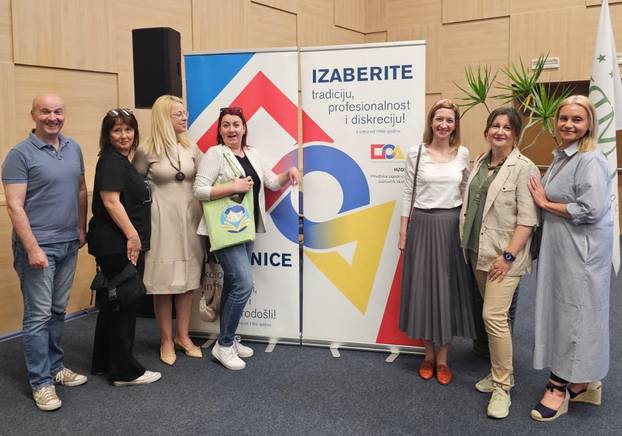Media editors are major defenders against synthetic content

This year, World Freedom Day is dedicated to the effect of the entry of artificial intelligence into journalistic work. On this occasion, we offer you the call of the European Magazine Association (EMMA) and the European Association of Newspapers (ENPA).
On World Freedom Day, EMMA and Enpa Press confirm their commitment to protecting print freedom and media pluralism.
This year’s theme « Reporting in the bold new world » focuses on the promises and dangers of artificial intelligence for freedom of print and journalism. While artificial intelligence can help innovation in the print sector and the involvement of the audience, it also allows the massive creation of synthetic content, blurring the way the news is selected and presented, ultimately threatening public access to reliable professional information.
A clear distinction is needed for the role of artificial intelligence in journalism
The main concern is the uncontrolled use of professional media content from large language models (LLM), which rely on high quality journalism without permission or compensation for the authors.
| This threatens the financial basis of the press and risks replacing professional reports and editorial content with unverified automated production. |
Given the updated strategic approach to culture and information and the upcoming European Shield of Democracy, editorial media must be recognized as major defenders of European information sovereignty and democratic values against malicious artificial content and foreign intervention.
Dear reader, artificial intelligence can be a power for good if …
EMMA and ENPA call for the following precautions:
- Mandatory transparency and respect for intellectual property rights: AI suppliers must clearly disclose when and how media content is used in training or for other purposes and receive proper permission or licenses with fair remuneration. These requirements must be the basis of the European Commission for GPAI’s good practices and its transparency template, ensuring the applicability and protection of their copyright and related rights.
- Protection against shocks in the profession caused by II: General systems with AI use professional content to produce cheap, automated products that compete directly with press publishers, diverting traffic and advertising revenue. Without precautions, these systems could slowly replace journalism completely.
- A clear distinction between a person generated and generated by II content: The fully generated material must be clearly labeled and traceable. Citizens must be able to distinguish between professional journalism from media service providers defined in EMFA and synthetic content to avoid fraud and manipulation. This should not interfere with the use of AI by the editorial team if the end product is duly examined by a person and falls under legal or editorial responsibility.
- The discovery of reliable sources in the press In an artificial intelligence environment, it must be guaranteed to ensure the right of citizens to access reliable and verified information and to prevent marginalization of professional journalism in favor of unverified or misleading content.
Artificial intelligence should be treated in a way that strengthens, not weakening the freedom of press and democratic values. EMMA and ENPA are calling on artificial intelligence politicians and developers to ensure that the free and independent press will continue to flourish in the era of artificial intelligence.









